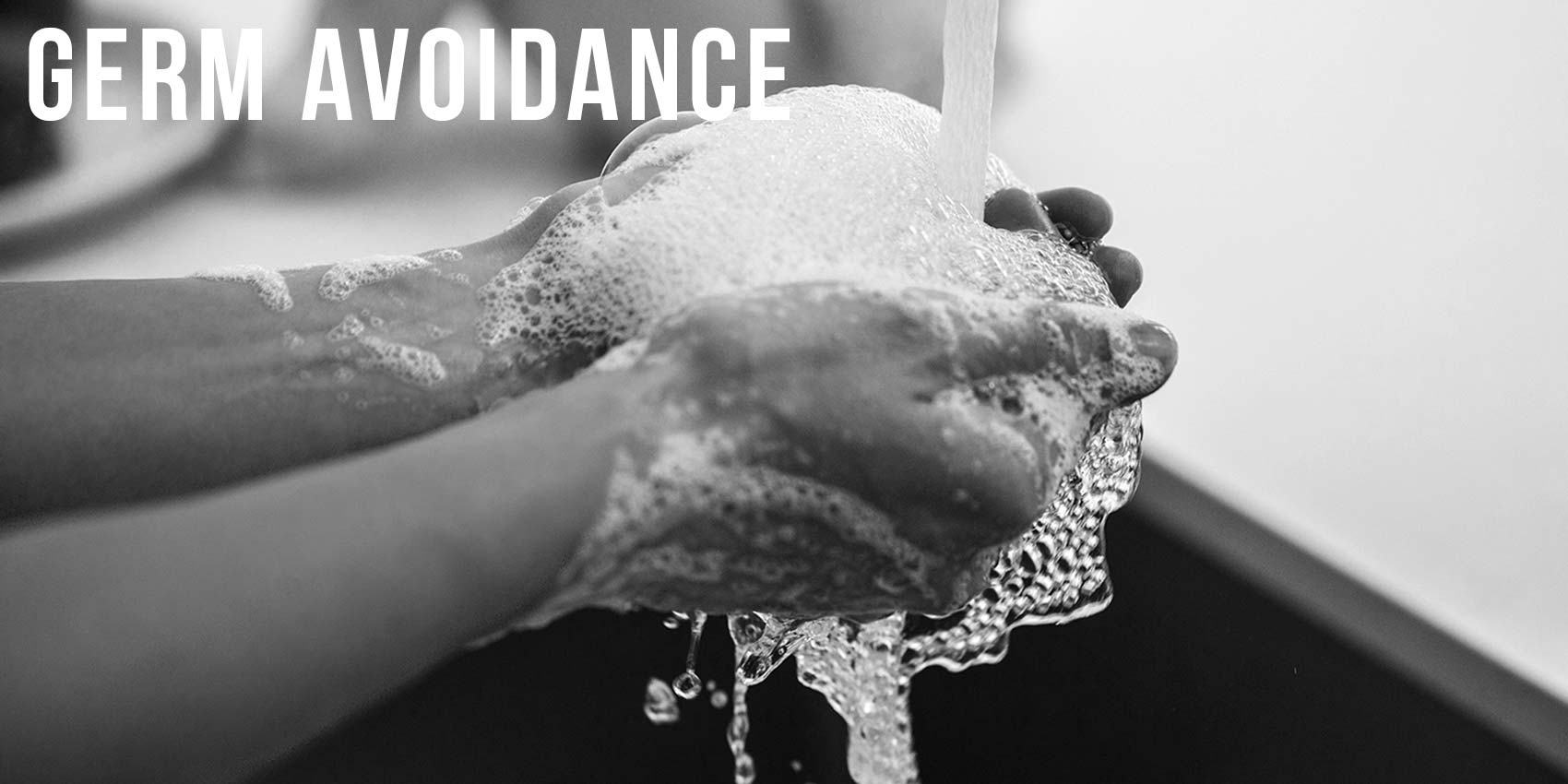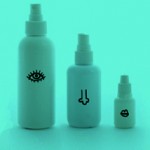14 Sep Germ avoidance

You’ve got to wash your hands if you are going to stay germ-free, particularly before a meal and YES! after you use the restroom (so YOUR hands don’t spread things). Numbers vary but you touch your face about 15 times an hour, and this is just one way germs are able to enter your body (Source: https://www.ncbi.nlm.nih.gov/pubmed?term=nicas%20347). Washing your hands for at least 30 seconds with good soap will kill most of the germs that cause sickness. Of course, if you feel a sneeze coming on, reach for a tissue or paper towel to capture the spewing germs. Likewise if you can’t do so, sneeze (or cough) into your elbow instead of your hands to keep germs at bay. (Imagine shaking hands with or sharing a basketball with someone who has just sneezed a loud, wet, gross sneeze into his hands.)
Bacteria are lurking everywhere. Your cell phone, toilet seat, kitchen sponge, car door and pencil are loaded with bacteria. Moreover, DO NOT share equipment such as razors and towels. Wipe down equipment at the gym (mats, weight benches, etc.) before and after using, or at the very least, use your own towel to cover equipment and mats. Trust us, gross things live on those surfaces.
Keep skin intact. Scratching, tweezing, and even shaving can create breaks in the skin that can get infected. Skin to skin contact, crowding, and poor hygiene are risk factors for MRSA infections—a staph skin bacterial infection that is highly resistant to some antibiotics. (Really bad stuff – let’s not go there now.)
All of these conditions can exist in schools. Covering wounds will greatly decrease risk of transmission. If you have an open wound, no matter how tiny you think it is, keep a band-aid on it until it is healed!
Hands and Nails: With all the hand washing you are told to do, you can also end up with really dry hands.
Some helpful tips: use a moisturizing soap, use a hand moisturizer, on occasion opt for hand sanitizers instead of a full wash, and wear gloves in the winter which helps to keep them protected from the elements. If your hands get particularly dry, try applying a thick fragrance-free hand cream before bed and sleep with cotton gloves on.
As for your nails, they are made from dead cells and so are originally nourished by your diet. B7 (also called biotin) helps nail growth. It can be found in green peas, oats, soybeans, walnuts, sunflower seeds, bulgur and brown rice. However, always check with your doctor before taking any supplements.
To care for you nails, clip them! Don’t bite them! Not only does biting cause ragged edges that can be irritating and scratch you, it can cause you to ingest dirt, bacteria and even things like pinworms (not fun, we can assure you, they hang out in your butt!). The number one cause for hangnails and ingrown fingernails is poor trimming techniques and biting definitely falls into the poor trimming technique category!
If you get a manicure, make sure you only gently push back the cuticles (the soft rim where your nails meet your skin). Cutting cuticles can lead to infection. If you decide to use nail polish, use products that are free from formaldehyde (yes, the chemical agent used to preserve dead animals and bodies), toluene and dibutyl phthalate. They will dry out the nails as will the alcohol in polish remover. In general, polish will dry out your nails, so remove it after a few days using a remover. Don’t pick it off!




Juan Felix
Posted at 21:34h, 08 FebruaryTo wash ur hands before eating a meal. Rubbing ur face 15 time in 1 hour can get you germs
Eduardo enriquez
Posted at 18:08h, 08 FebruaryYou need to wash your hands take very clean showers and take care of yourself